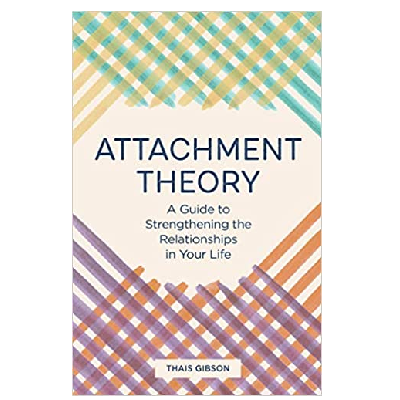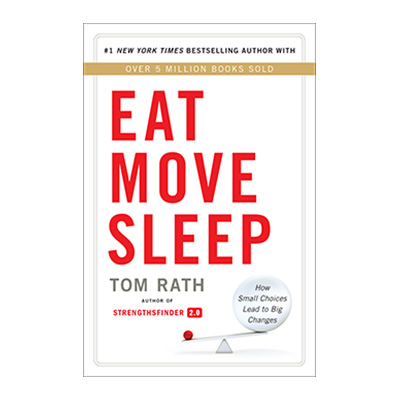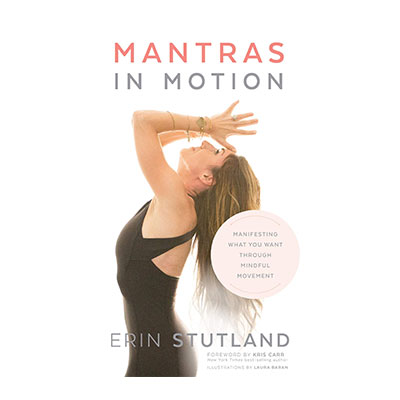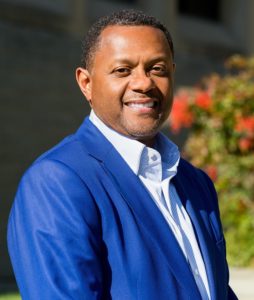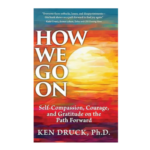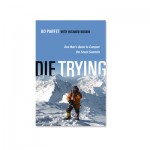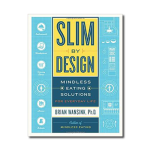How often do you think about your thinking? Most likely your thinking on automatic pilot as it is for most people, thoughts just come and go, then on to the next thought. In my interview with author and thought leader Jane Cull we have an intriguing discussion about her new book entitled “WTF?!… How am I Thinking”
Jane states ” As human beings, we live our lives in language. This is precisely what we do. We are observers living in language. We construct and create our experiences, worlds, realities in language, thus we are entirely responsible for what we construct or create. In the habitual unconscious thinking that we do, we do not see what we are doing. We are unconscious and unaware of what we are doing in thinking.”
In Attachment Thinking, we generate emotions–attachment thinking is fear-based thinking. We not only generate the emotion of fear, but we also generate anxiety, stress, mistrust, suspicion, jealousy, resentment, frustration, anger, rage, hate, restlessness, agitation impatience, grief, sadness, pain, and depression–we go down the rabbit hole.
In Reflective Thinking, we do not generate all the emotions of Attachment Thinking. The emotions of Attachment Thinking do not show up because we are not holding onto our thoughts. In fact, in Reflective Thinking, we “become” calm and peaceful. The core emotion is trust. This kind of trust is not actually an emotion, it is more like a state; an ongoing state and so we ‘become’ and live in this state in which we feel calm and peaceful.
If you are interested in learning more about how you can shift from Attachment Thinking to Reflective Thinking then you are going to want to listen to this interview with author Jane Cull about her new book “WTF?!…. How am I Thinking“. You can visit her website by clicking here to learn more about her books, and on-line courses.
Enjoy this informative interview with author Jane Cull about “WTF?!… How am I Thinking?
